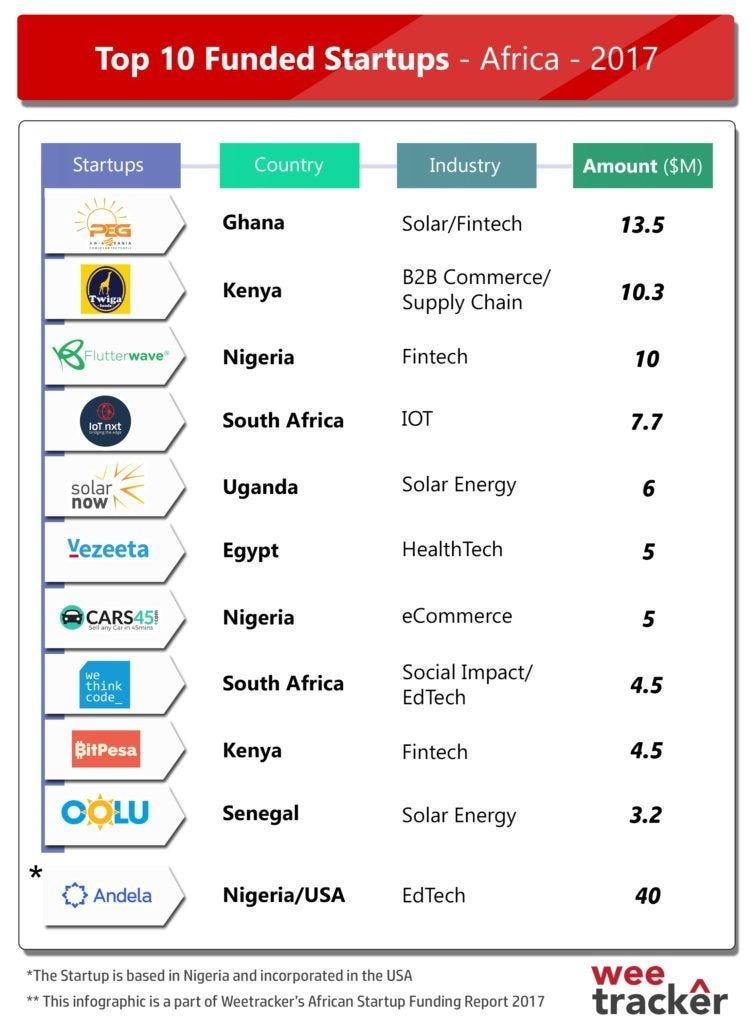At a time when Nigeria is aiming for food security, investors are seizing this opportunity to come after Nigeria’s Tomato Jos, an agro-processing company focused on the local production of tomato paste for the African market. The company has announced it had just completed a $4.2 million Series A round to further improve the lives and incomes of smallholder farmers and increase the sustainability and stability of food supply in Nigeria.

“I am really excited to partner with investors who understand and care about who Tomato Jos is, what we are trying to accomplish, and why this work matters so much,” noted Mira Mehta, founder and CEO of Tomato Jos, on the investment.
Here Is What You Need To Know
- This round of investment was led by Goodwell Investments, via its West Africa partner Alitheia Capital, with participation from Acumen Capital Partners and existing investor VestedWorld.
- The combined $4.2 million Series A funding will boost Tomato Jos’ transition to its next stage of growth — the processing and distribution of tomato products.
- The funding will also assist the startup to install a drip irrigation system and a processing plant that can produce 24 tons of finished product per day.
- Tomato Jos will also work with thousands of smallholder farmers on over 2,600 hectares of land, putting more than $1M of direct income into the local economy each year.
“Processing has always been the plan for Tomato Jos, but to get there, we spent a long five years working only on farming and primary production to make sure that we had a really solid foundation in place,’’ said Mira. “Everyone at the company is extremely excited to take this big step forward into the world of food processing and value-add production!”
Why The Investors Invested
At a time when Nigeria is reaching for food sufficiency, coupled with the disruption in the global supply chain caused by the coronavirus pandemic, it seems almost investment-savvy that investors would be staking their odds with the startup. In August 2019, Nigeria’s President Muhammadu Buhari announced a total ban on forex for food importation into the country. The country’s central bank has since followed it up by a statement that the policy has since commenced.
The above fact is also coupled with the fact that although Nigeria is the second-largest producer of tomatoes in Africa, farming inefficiencies create a demand-supply gap resulting in Nigeria also being one of the biggest importers of tomato paste in the world.
“With a rapidly growing population driving demand and an increasing focus on improving the sufficiency of the agriculture sector, there is a big opportunity for domestic tomato paste production,” said Mobola da-Silva, Partner at Alitheia, Goodwell’s investment partner in West Africa. “Tomato Jos has chosen the right market, business model and management to succeed as a truly inclusive business within this environment. As an agro-processing company that sources from local smallholder farmers and provides affordable access to finance in the form of farming inputs to farmers, Tomato Jos is a good fit for uMunthu’s inclusive strategy of investing in agribusiness.”
Also speaking on the investment, Tamer El-Raghy, Managing Director of Acumen Capital Partners said:
“Acumen Capital Partners is thrilled to join Tomato Jos’ investors to help the company continue to develop a world-class vertically integrated tomato processing operation in Nigeria. Tomato Jos is positioned not only to locally produce tomato paste, which is mainly imported into Nigeria but to help Nigerian smallholder farmers increase their income by increasing their yield by 3–4x.”
According to Jeffrey Stine, Managing Director of VestedWorld (existing investor which had previously invested in Tomato Jos in 2017) and Tomato Jos Board Member , the resilience of the startup’s team is charming, hence the follow-on investment.

A Look At What Tomato Jos Does
- Founded by the Finnish/Indian and American citizen Mira Mehta in 2014 with the vision to create and retain local value-add to the tomato value chain, reduce post-harvest losses, and improve the lives of smallholder farmers, Tomato Jos has since its inception focused on securing its supply chain through primary production.
- The company has focused solely on primary production of tomatoes, soya, and maize to demonstrate that global excellence in agriculture is achievable in Nigeria, to train a large network of smallholder farmers to grow high-quality produce for the company under mutually beneficial systems; and to guarantee enough raw material (tomatoes) to support an investment in a tomato processing facility.
- By connecting local farmers to domestic consumers, Tomato Jos helps to improve the lives and incomes of smallholder farmers and increase the sustainability and stability of food supply in Nigeria.
- The startup directly supports over 70 smallholder farmers across three growing cycles. During this time, smallholder farmers’ average yield has grown by over 340% from 5 to 22 metric tons per hectare, while their average income increased by 455%.
- Based in Kaduna, North Western Nigeria, Tomato Jos, growing from 2Ha to the current 500Ha, now operates the largest active tomato farm in Nigeria and has over 2,500 Nigerians in its employment.
Charles Rapulu Udoh

Charles Rapulu Udoh is a Lagos-based lawyer who has advised startups across Africa on issues such as startup funding (Venture Capital, Debt financing, private equity, angel investing etc), taxation, strategies, etc. He also has special focus on the protection of business or brands’ intellectual property rights ( such as trademark, patent or design) across Africa and other foreign jurisdictions.
He is well versed on issues of ESG (sustainability), media and entertainment law, corporate finance and governance.
He is also an award-winning writer.
